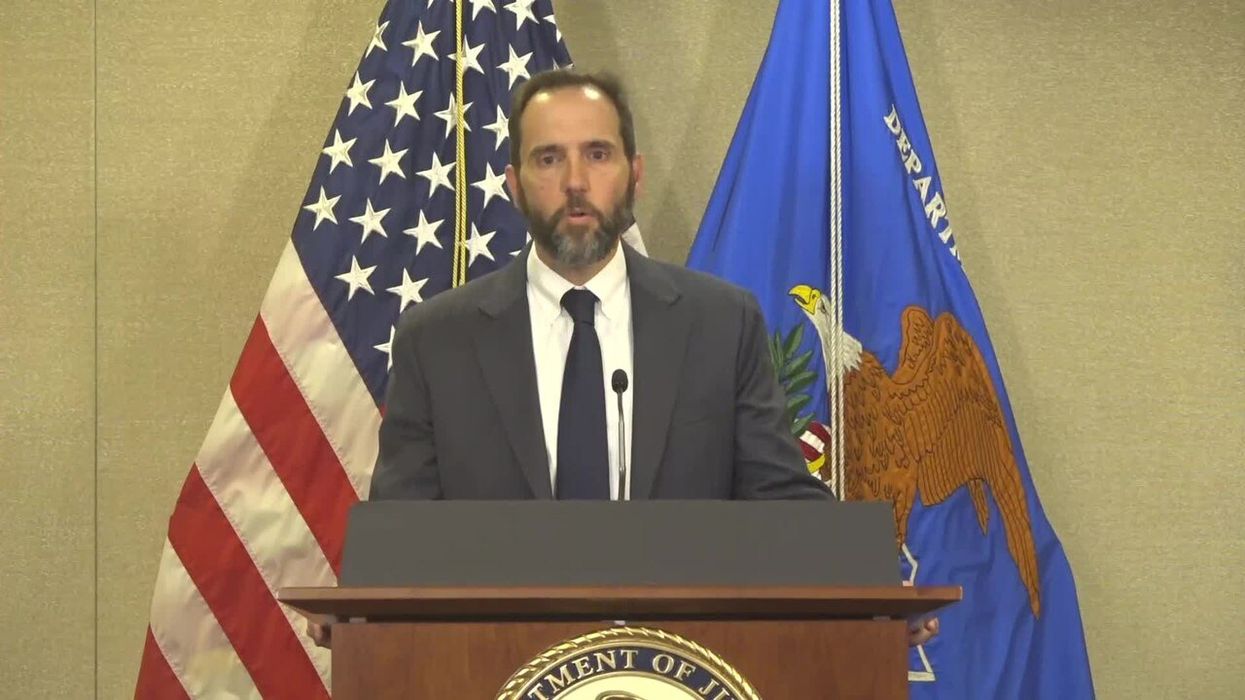Jack Smith faces a 'prosecutorial crossroads' with Trump as election draws closer


With the United States' 2024 presidential election less than three months away, the fate of special counsel Jack Smith's election interference case against GOP nominee Donald Trump hangs in the balance.
Smith's other case against Trump, the Mar-a-Lago documents indictment, was dismissed by Judge Aileen Cannon, a Trump appointee. But Smith's office is appealing her decision.
In an article published on August 13, The Hill's Rebecca Beitsch stresses that Smith finds himself at a "prosecutorial crossroads" and has been weighing his options following the U.S. Supreme Court's immunity ruling in Trump v. the United States.
READ MORE: Trump's 'slurring' in latest interview concerns experts: 'Craziest thing I’ve ever heard in my life'
"The Supreme Court's immunity ruling earlier this summer dealt a tough hand for Smith by determining that former presidents like Trump retain broad protection from criminal prosecution for actions they take while in office," Beitsch explains. "It's left Smith at a juncture where he may choose to narrow his case, push for a hearing that would walk through much of the evidence against Trump, or even expand the indictment by charging Trump's co-conspirators."
According to former federal prosecutor Barbara McQuade, Smith may have an incentive to indict some co-conspirators in his election interference case.
McQuade told The Hill, "Initially, Jack Smith did not name them, I am guessing, because he was hoping to streamline the case against Trump and get it done quickly, because it was Trump who's the threat to democracy. But in light of the fact that there will be no trial (before the election), maybe he's decided: 'You know what, the time's come. I'm just going to charge the other defendants.'"
University of Baltimore law professor Kimberly Wehle, another former federal prosecutor, noted that Smith has a major challenge when it comes to determining what can and cannot be used as evidence under the High Court's immunity guidelines.
READ MORE: 'Much better off': Internet unleashes on Trump upon his return to social media platform
Wehle told The Hill, "They need to make a number of decisions. They have to decide what evidence do they have left potentially within the scope of the immunity ruling. Each of the four counts (brought against Trump) is going to have its own elements that they have to prove beyond reasonable doubt, and they'll have to assess whether the evidence that's now off the table somehow collapses any of those counts so they can't go forward."
READ MORE: McCarthy urges Trump to 'stop questioning the size' of Harris' rallies
Read The Hill's full report at this link.